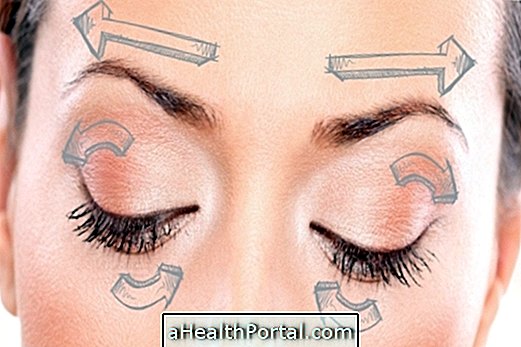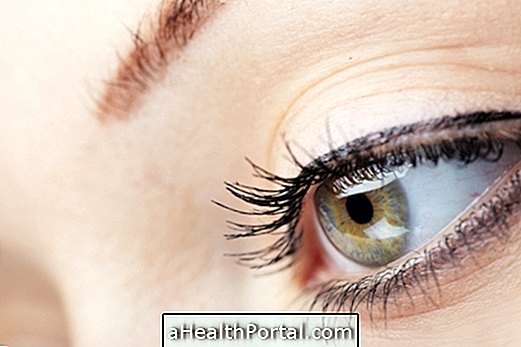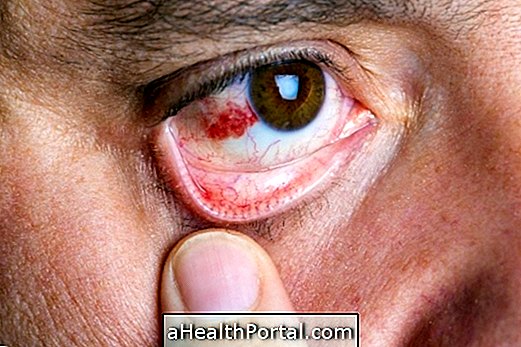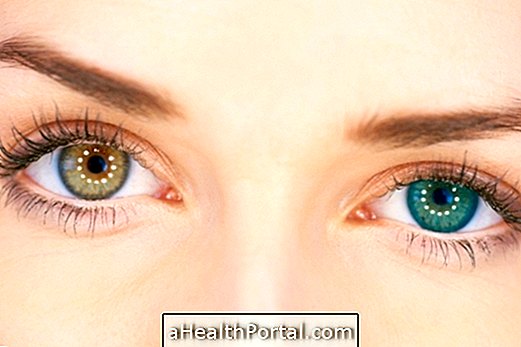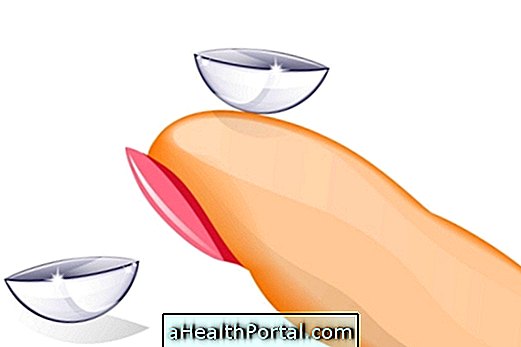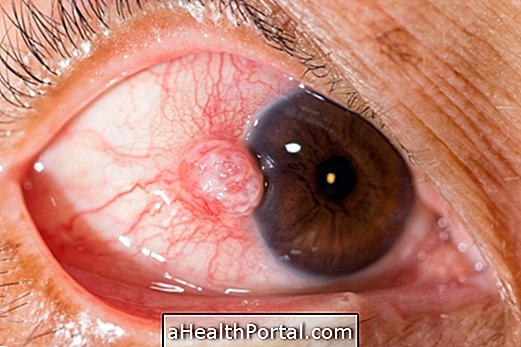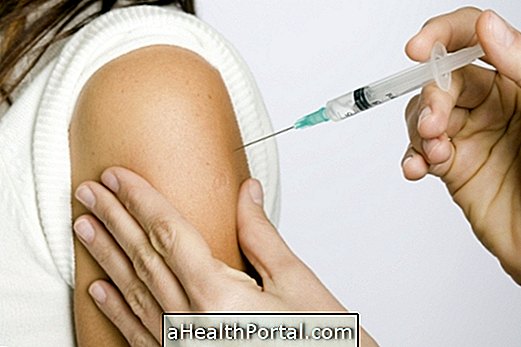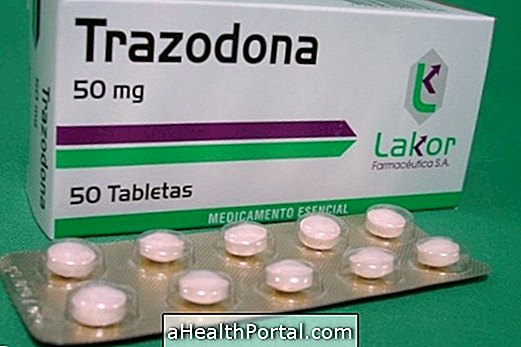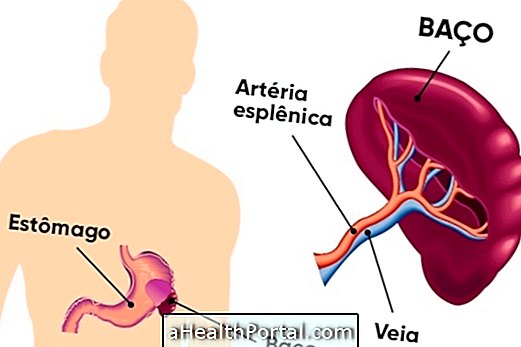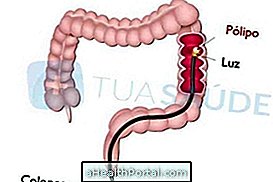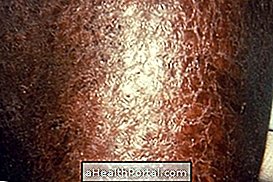Purtscher's retinopathy is a retinal injury, usually caused by head trauma or other types of strokes in the body, although its exact cause has not yet been elucidated. Other conditions, such as acute pancreatitis, renal failure, parturition or autoimmune diseases may also cause this change, however, in these cases it is called Purtscher- like retinopathy.
This retinopathy causes a decrease in vision that can be mild to severe, and may appear in one or both eyes, the suspicion being confirmed by the ophthalmologist's evaluation. In general, the main way to treat vision loss is with the treatment of the causative disease in the hospital, however, vision may not always be fully recovered.
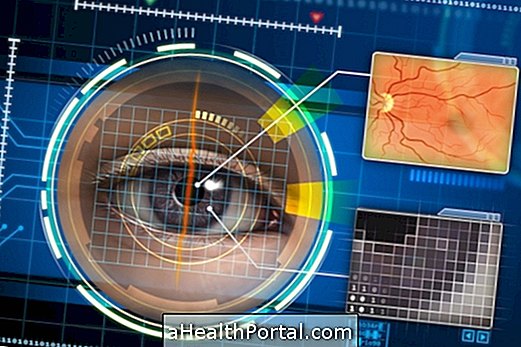
Main symptoms
The main symptom that indicates Purtscher's retinopathy is loss of vision, which is painless, and occurs in one or both eyes. The reduction in visual capacity is variable, ranging from mild and transient to permanent total blindness.
This condition may be suspected whenever vision loss occurs after an accident or serious systemic disease and should be confirmed by the ophthalmologist's evaluation, who will perform the eye fundus examination and, if necessary, request additional examinations such as angiography, optical tomography or evaluation of visual fields. Learn more about when the eye fund exam is indicated and the changes it can detect.
What are the causes
The main causes of Purtscher's retinopathy are:
- Cranio-encephalic trauma;
- Other serious traumatisms, such as those of the thorax or fracture of long bones;
- Acute pancreatitis;
- Renal insufficiency;
- Autoimmune diseases such as lupus, PTT, scleroderma or dermatomyositis, for example;
- Amniotic fluid embolism;
- Pulmonary embolism.
Although the exact cause of the development of Purtscher's retinopathy is not known, it is known that these diseases cause intense inflammation in the body and reactions in the bloodstream, which cause microleaks in the blood vessels of the retina.
How is the treatment done?
Treatment of Purtscher's retinopathy is done by treating the disease or injury that triggered these changes, since there is no specific ophthalmic treatment. Some doctors may use steroids, such as oral triamcinolone, as a way of trying to control the inflammatory process.
The recovery of vision is not always possible, occurring only in some cases, so it is very important that the treatment is started as soon as possible, in order to try to get the vision affected as little as possible.
